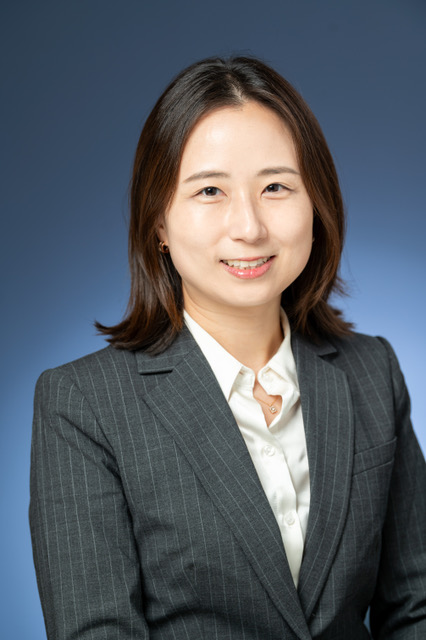
The new chemistry professor will co-lead a project on sustainable lithium enrichment as part of the Scialog: Sustainable Minerals, Metals, and Materials initiative.
Grace Han, an associate professor of chemistry and biochemistry at UC Santa Barbara, has been named a 2025 Scialog Collaborative Innovation Award winner for a project aimed at developing new methods for sustainable lithium extraction.
The award is part of the Scialog: Sustainable Minerals, Metals, and Materials (SM3) initiative, sponsored by the Research Corporation for Science Advancement (RCSA), the Alfred P. Sloan Foundation and The Kavli Foundation. The program funds early-career researchers in high-risk, high-reward projects vital for a high-tech society.
Han’s team, which includes Youhong Nancy Guo of the University of North Carolina at Chapel Hill and Michael Zuerch of the University of California, Berkeley, will receive a total of $180,000 in direct costs for their project, “Sustainable Lithium Enrichment by Hydrogel-Mediated Solar Evaporation.”
The project seeks to address the growing demand for lithium, a critical component in batteries for electric vehicles and electronics.
“Critical minerals underpin modern society...yet they can harm the environment, and many are vulnerable to supply chain instability,” said RCSA President Eric Isaacs in the announcement. “Finding alternative materials, rethinking extraction, minimizing waste, and ensuring recyclability...are not simple problems.”
The Scialog program, short for “science + dialog,” brings together researchers from different disciplines to spark new collaborations. The 2025 conference was held in Tucson, Arizona, where fellows formed teams to propose innovative projects.
This award adds to a growing list of honors for Han, who joined the UCSB faculty in July 2025 from Brandeis University. It marks her second consecutive award from the Scialog SM3 initiative, having also won a 2024 Team Award while at Brandeis for a project on “Synergistic Photomechanical Depolymerization.” In September, she was also named one of five 2025 Moore Inventor Fellows nationwide for her primary research in molecular solar thermal energy storage, which aims to create molecules that can capture and store sunlight as heat, acting as “rechargeable batteries for sunlight.”
“Scialog-funded projects don’t start out as the kind of ideas that could be funded by the National Science Foundation or the Department of Energy,” said RCSA Senior Program Director Andrew Feig. “They reach out beyond Fellows’ comfort zones.”